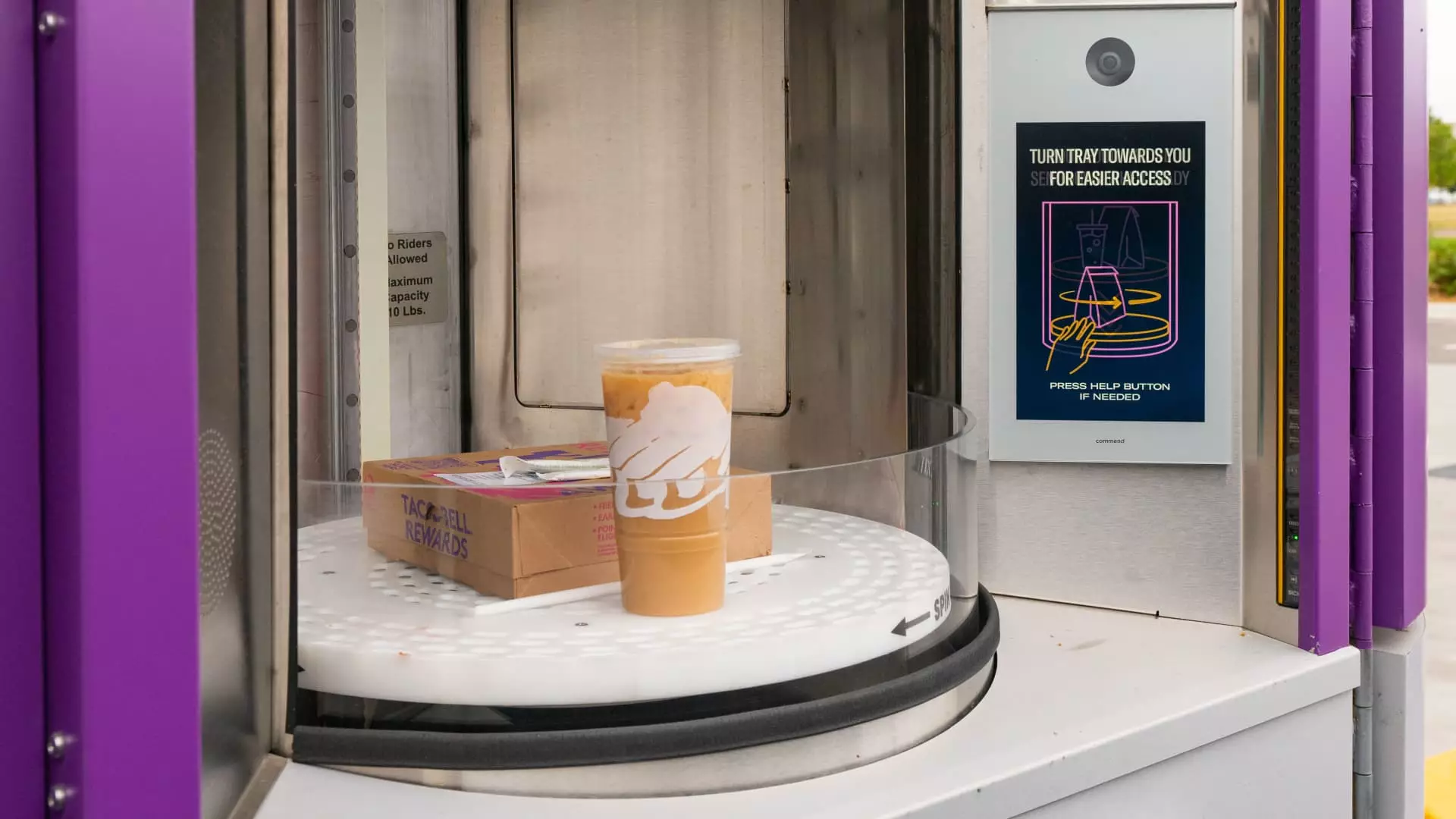Artificial Intelligence (AI) has been making waves not only in the tech sector but also in the food industry. This innovative technology is being increasingly utilized in various aspects of the food industry, from self-checkout kiosks to AI-driven ordering systems in drive-thru lanes. As consumers navigate through rising food prices and changing spending habits, the food industry is turning to AI to help streamline operations and reduce costs.
In response to the challenges posed by high labor operating costs and the need to stay competitive in a tough economic environment, food industry giants like McDonald’s, Taco Bell, and Wendy’s are leveraging AI to introduce value menus and lower prices on certain items. For example, McDonald’s recently announced a $2 billion investment in AI and robotics for its restaurants and drive-thrus. Similarly, grocery stores have allocated $13 billion for tech automation in 2022 alone, with projections indicating a 400% increase in spending on innovative technologies like smart carts and enhanced self-checkout aisles by 2025.
The integration of AI and technology in the food industry is not just about cutting costs; it also aims to enhance the overall customer experience. Joe Park, the chief digital and technology officer at Yum Brands, highlighted the potential of AI to improve customer experience while simplifying the jobs of team members. By leveraging AI, food establishments can create a seamless and efficient service environment that caters to the evolving needs and preferences of consumers.
Looking ahead, the use of AI in the food industry is expected to continue to expand and evolve. With advancements in technologies like AI, machine learning, and robotics, the food industry is poised to undergo a significant transformation in the coming years. As consumers seek convenience, affordability, and quality in their food choices, AI-driven solutions will play a crucial role in helping food businesses meet these demands effectively.
The adoption of AI in the food industry represents a significant step towards modernizing and optimizing operations in response to changing market dynamics. As food businesses continue to invest in AI technologies, they are not only looking to improve efficiency and reduce costs but also enhance the overall customer experience. By embracing AI, the food industry is paving the way for a more innovative and customer-centric approach to food service.


Leave a Reply
You must be logged in to post a comment.